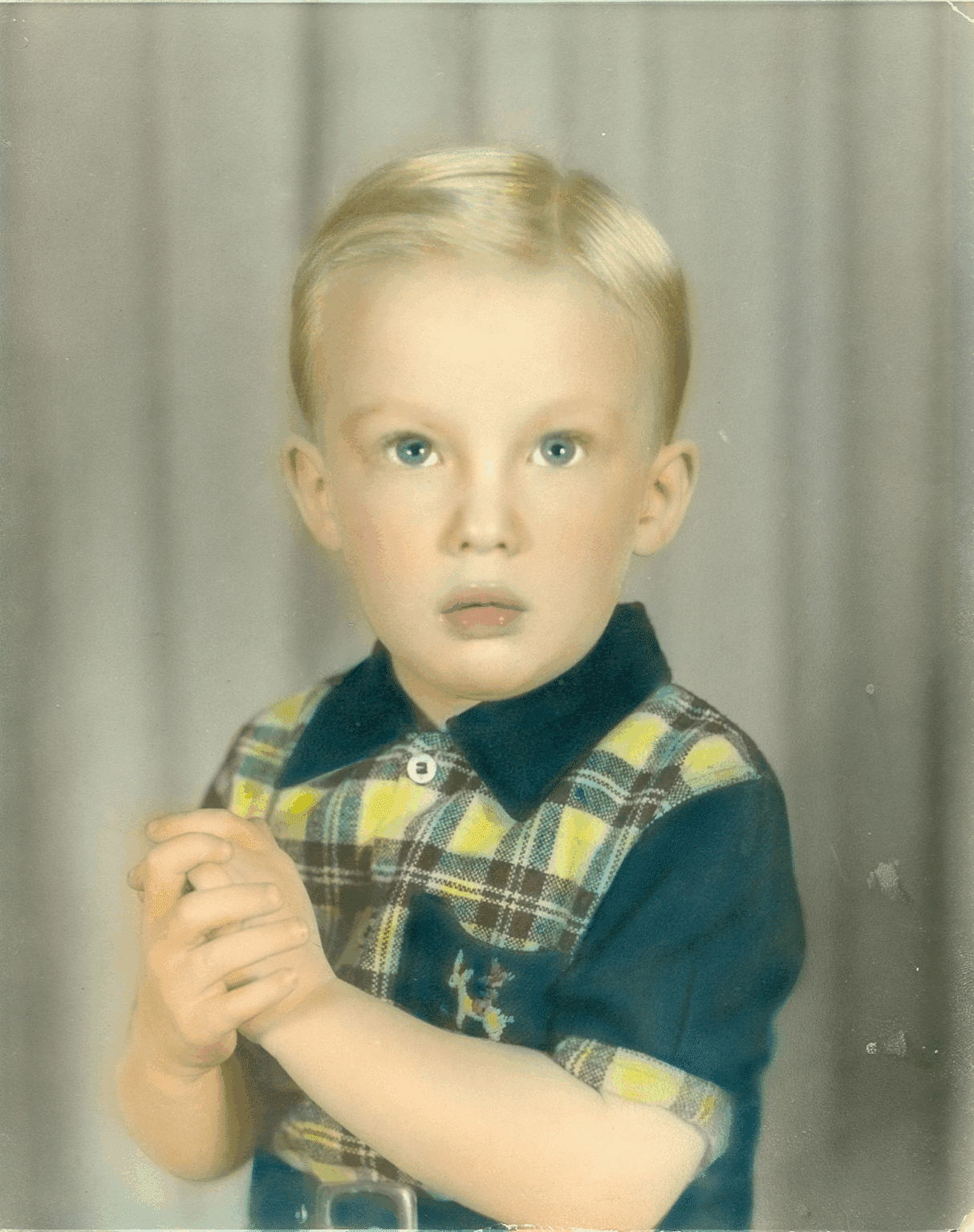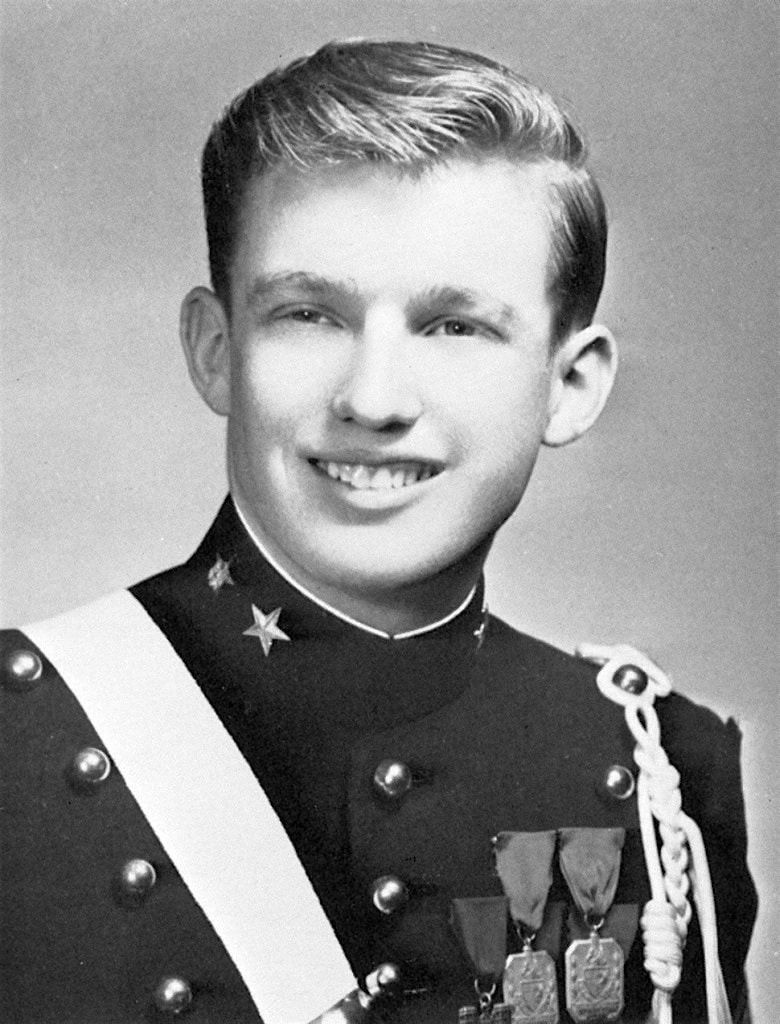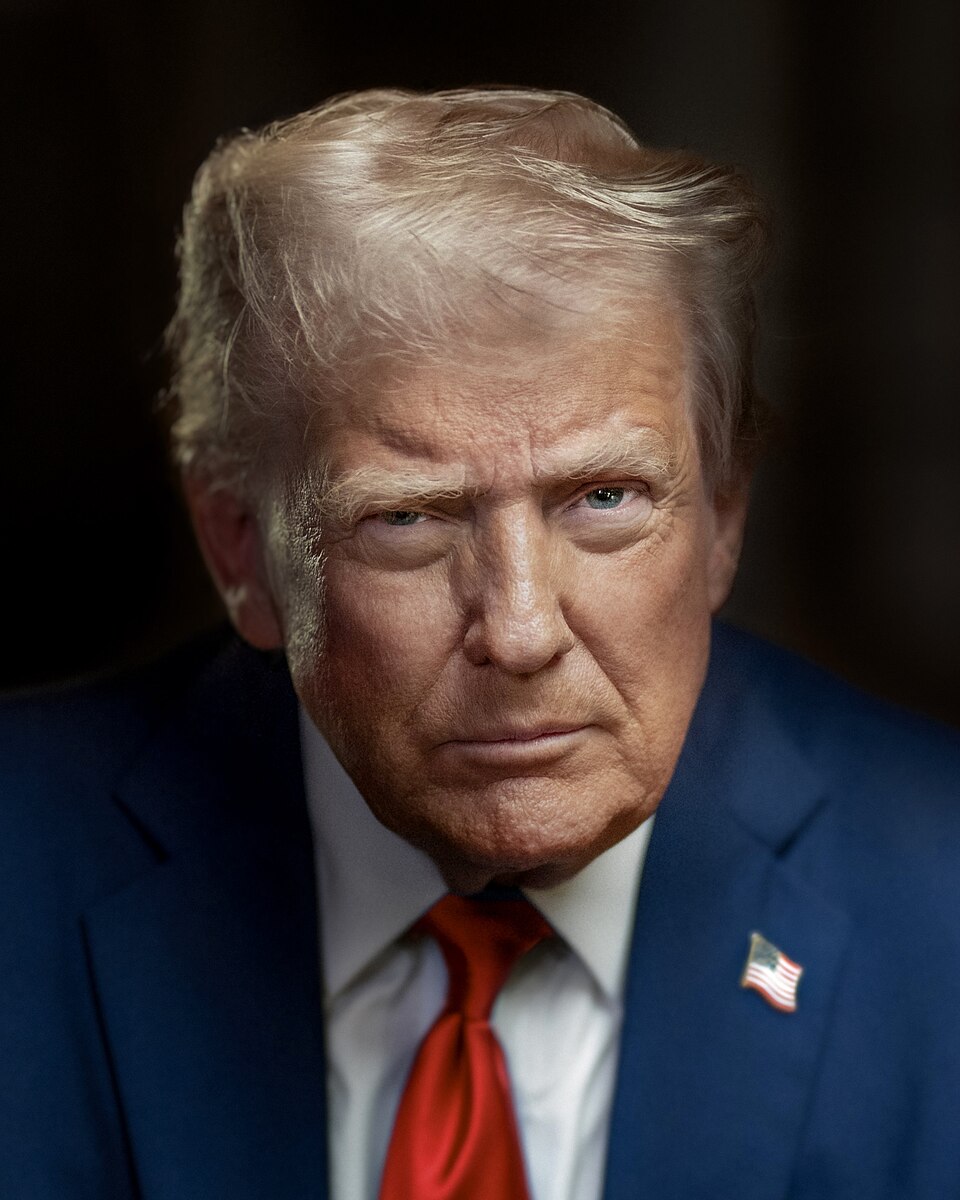A faded childhood photo of a young blonde boy, eyes full of curiosity and calm, recently resurfaced on social media, and it’s none other than a tender glimpse of a young Donald Trump. What’s grabbing attention isn’t the image’s artfulness, but the powerful contrast between that peaceful childhood moment and the divisive persona known around the globe.

Comments flooded the post: some call it “sweet” and “not a monster,” while others lament, “What an absolute shame that this boy grew into an amoral atrocity.” These emotional reactions underscore how one simple snapshot can stir deep feelings, depending on one’s perspective of the man he became.
Sandwiched in a sea of family portraits, that young Trump looks unremarkable: a serene child with wide, searching eyes, unaware of the storms his future would bring. It’s a pause in time before privilege, pressure, and public scrutiny refract his path.
Donald John Trump entered the world on June 14, 1946, in Queens, New York, as one of five children born to Fred and Mary Anne MacLeod Trump. His father, a successful real estate magnate, believed life was a contest and only the strongest should succeed. At home, the standards were high; softness was a weakness, and toughness was prized above all.

Fred Trump, stern and achievement-focused, ran the household with hard-nosed discipline. He rewarded assertiveness and resilience, not tenderness or emotional openness. As Donald’s mother became gravely ill during his young years, her absence left him even more reliant on his father’s principles: winning at all costs.
By age 13, his parents had enrolled him in the New York Military Academy, hoping structured discipline would contain his unruly energy. The strict environment, all hierarchy and control, seemed to suit his combative spirit, making him stronger, more determined, and more hardened.
That military chapter cemented his competitive nature and commitment to “winning.” Over the years, that foundation morphed into media fame and political clout. His early life, one of privilege mixed with grinding expectations, set the stage for his ambition and public presence.
Fast-forward: Trump has become one of the most polarizing leaders in modern history. His political career is marked by audacity, controversy, and a willingness to push boundaries, whether by proposing to annex Canada or entertaining the idea of purchasing Greenland.

His presidency and beyond have been defined by a bold, unapologetic leadership style. Efforts like Project 2025, which aimed to reshape civil service systems, sparked fierce debate. Admirers champion his assertiveness, while critics warn of threats to democratic traditions and social equity.
That childhood photograph remains culturally poignant. It’s a gentle reminder that every prominent or controversial person begins with an ordinary past. To some, it resonates as a poignant contrast: an innocent boy, now overshadowed by ambition, controversy, and power. To others, it raises questions: What turns a curious child into a figure of global contention?
This touching childhood photo reminds us how dramatically life paths can change. The peaceful young boy in the picture grew up to be a world leader known for unsettling policies and divisive rhetoric. Regardless of your viewpoint, the photo highlights an undeniable truth: childhood innocence does not ensure a gentle future, and privilege and pressure can shape destinies in unexpected ways. What are your thoughts on this?
